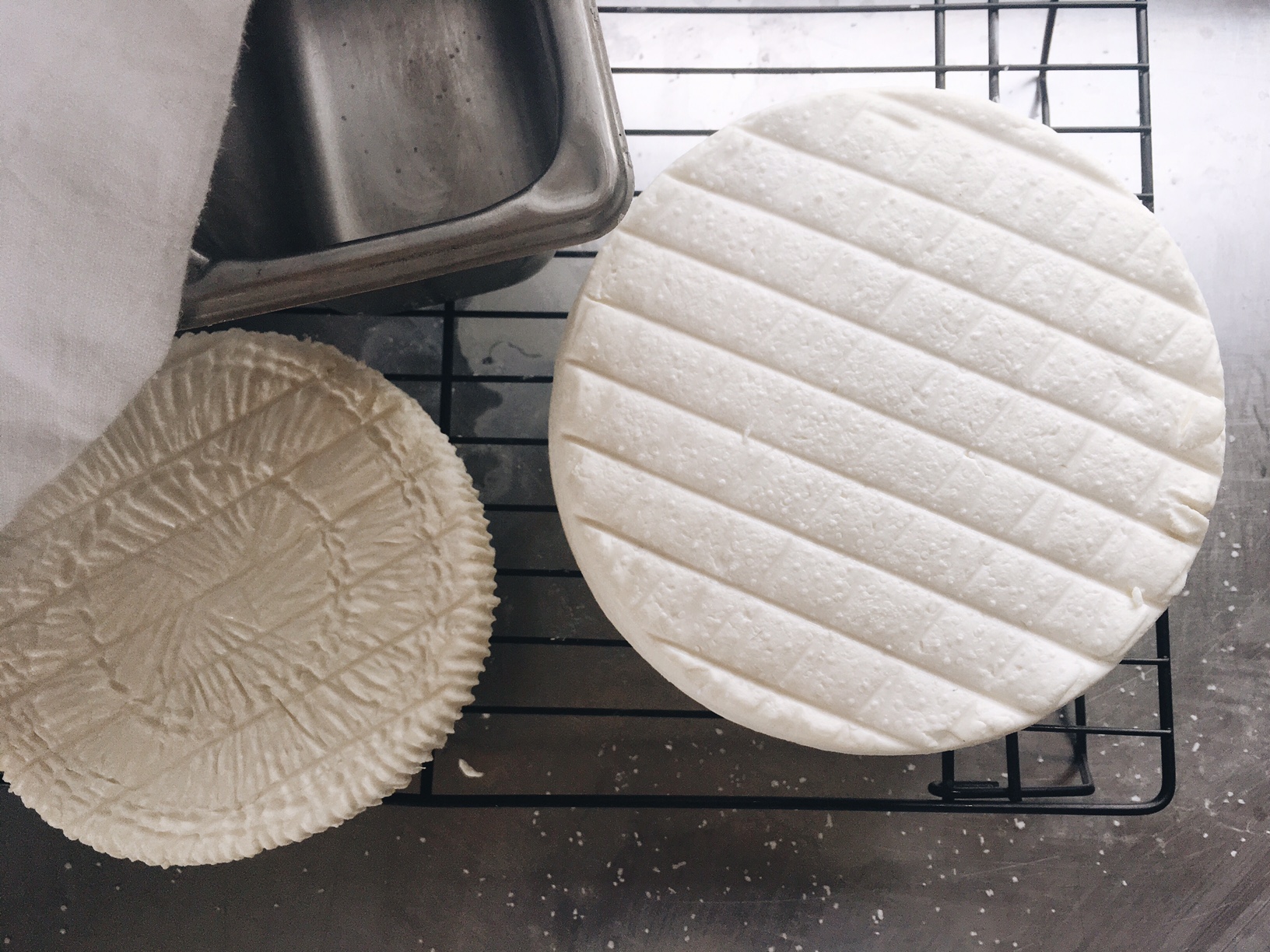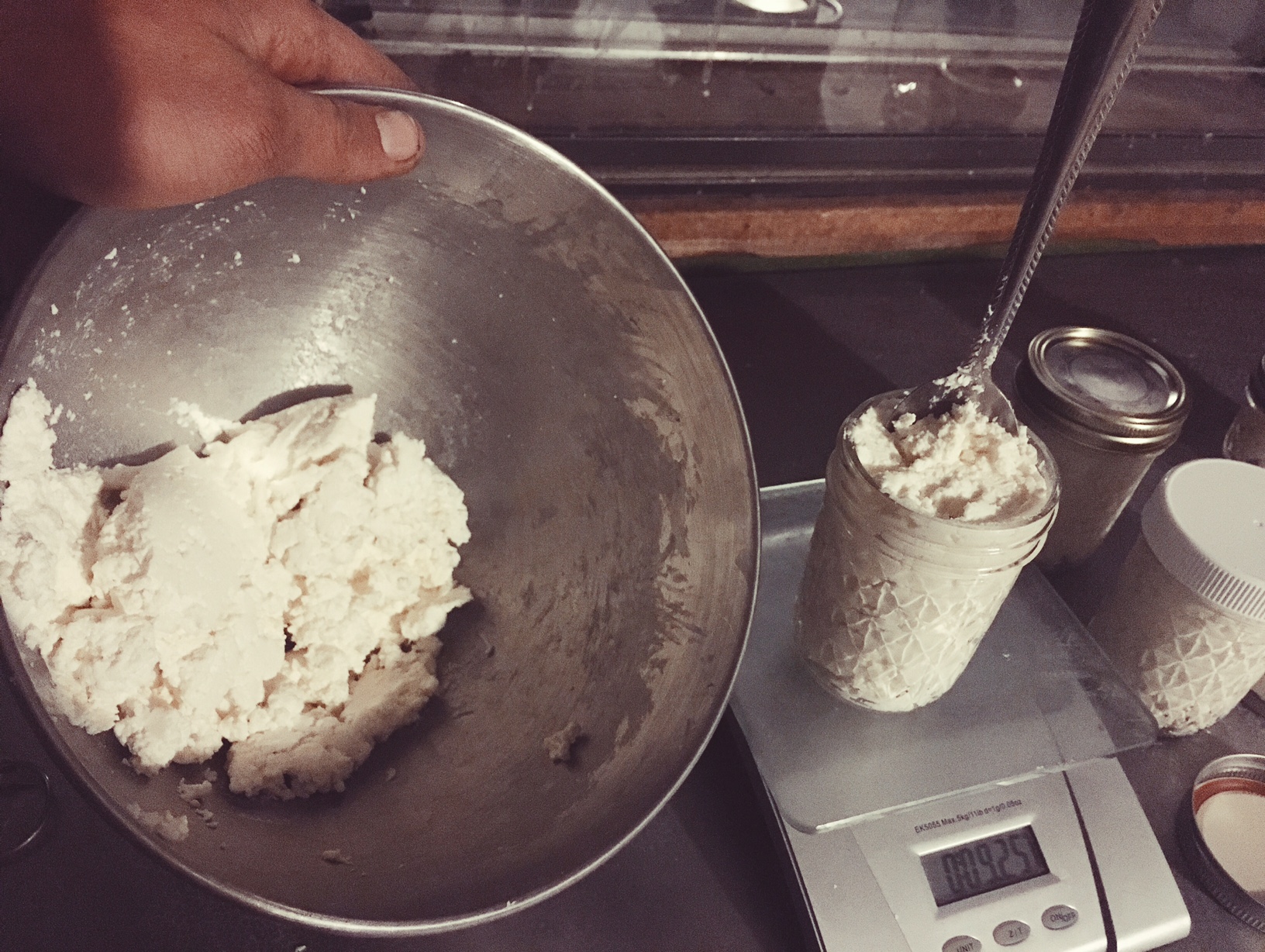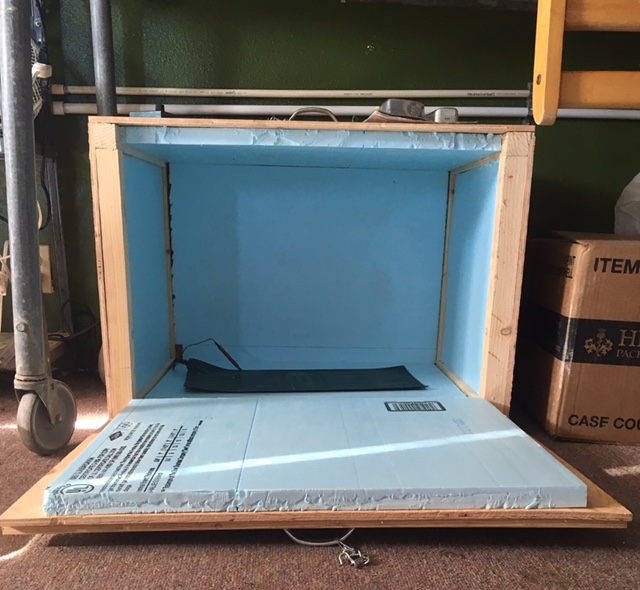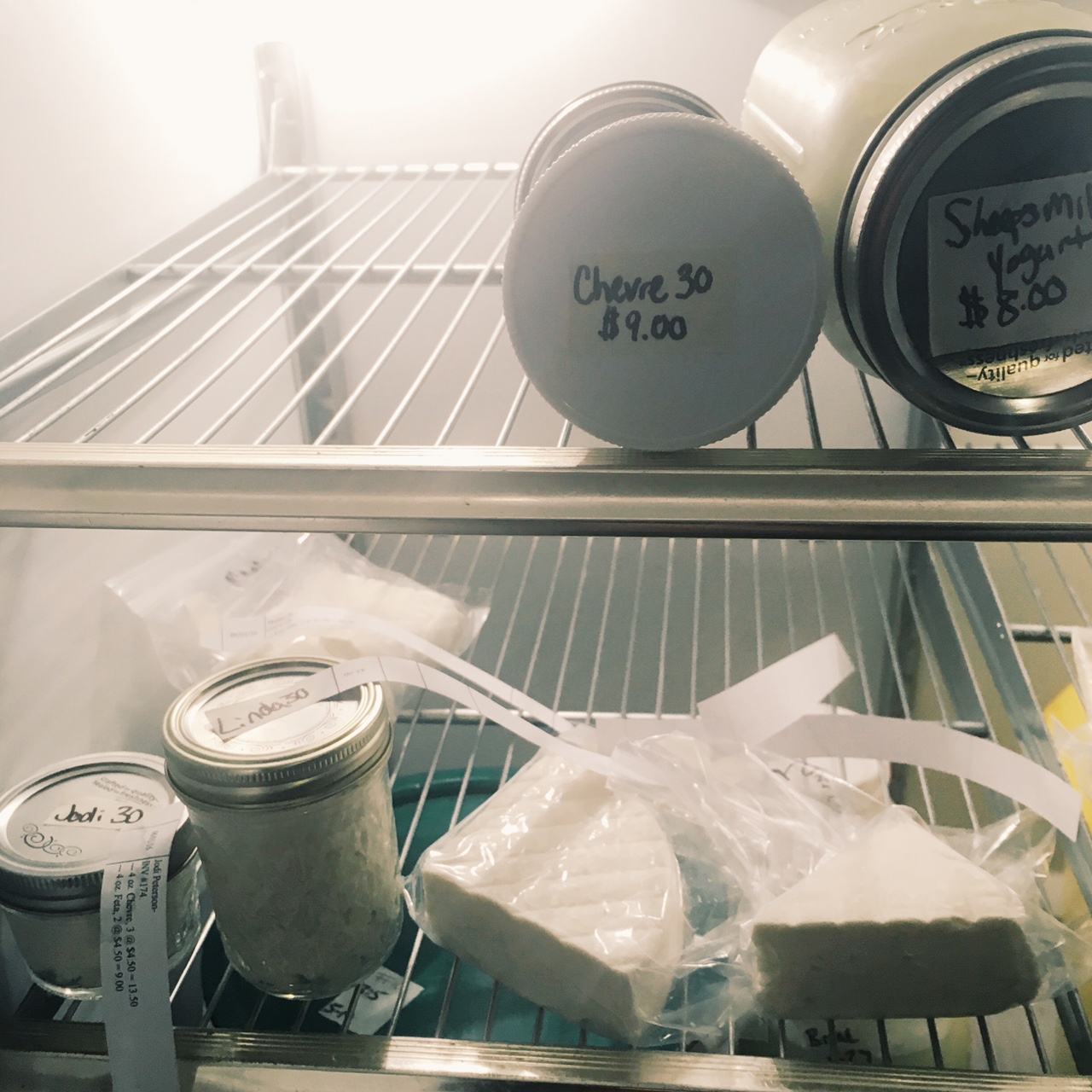On June 22, I was invited to a stakeholders meeting for small scale poultry producers to create a framework of regulations to allow small-scale producers in the state of Colorado to process and sell their own poultry. Recently, a bill passed that allowed the sale of poultry raised processed on the farm to be sold to individuals, and called for this group to create laws that would allow producers to sell to retail outlets such as stores and restaurants. At this meeting there were members of Colorado Department of Agriculture (CDA), Colorado Department of Public Health and Environment and the USDA. There were small producers, a restaurant representative, an insurance agent, state officials, USDA Certified Poultry Processors, and other individuals all there to discuss what they would like to see come from this bill to allow Colorado to move forward with small-scale poultry production. Out of the producers at this meeting, I was easily the smallest scale farmer in the room, but had plenty to bring to the table, especially regarding mobile processing. I was also the only person physically present that was representing the Western Slope. Coming to this meeting was important for me because as a small scale producer and a processor, I want to make sure that we are being supported by our own state. Although Delta County and the North Fork Valley are full of smaller scale farmers- we also have the highest concentration of organic family farms in the state, and want to stay that way. There are regulations and laws that protect people that raise other meat- such as red meat, pork and other livestock, but up until now there has been nothing regarding poultry at the state level without having a facility certified by the USDA. Sadly, creating a USDA certified plant as a farmer of such a small scale is just not worth it. Plus, there isn't one for 3 hours from here and at least one mountain pass at over 10,000 feet, which would mean certain death for the birds. This meeting was in hopes that we could make it legal for poultry producers that are not USDA certified to be able to sell at the retail level.
It's great to be able to sell our chickens to individuals, but with the farm to table movement and the drive to support local economy, this could be the first open door for small farms to be able to sell chickens to restaurants, markets and other retail vendors. This being the first meeting, there was not much to solidify what we might see- but stay tuned. Hopefully, in the near future, you'll be able to see Gray Acres poultry in a Colorado restaurant.







